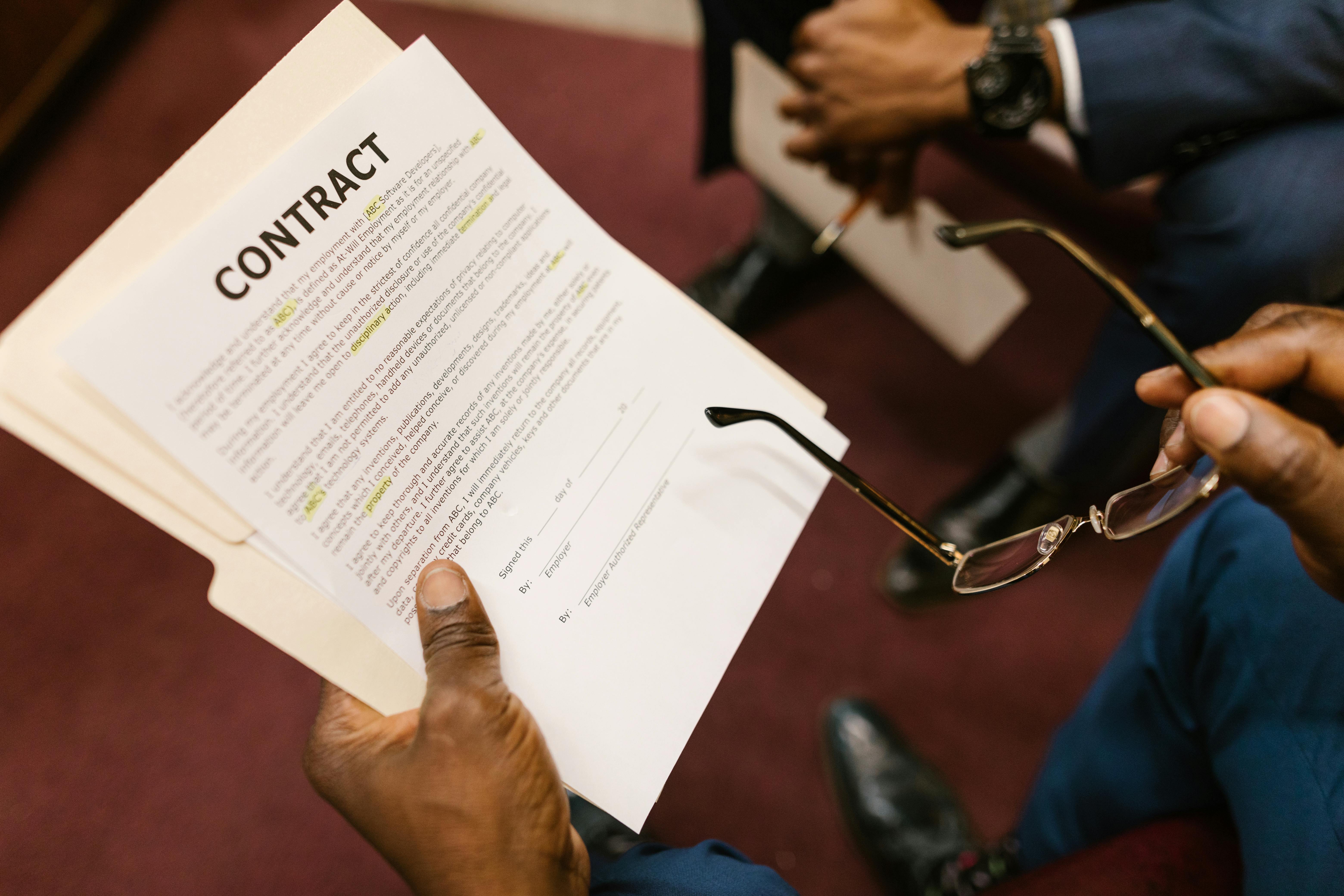Deposits
According to the RTA, it is legal for a landlord to ask you for a deposit equal to only one month’s rent. The landlord must obtain the rent deposit before entering the tenancy agreement. This deposit can only be used towards the last month’s rent. This deposit provides the landlord with security if a tenant leaves the premises before the termination date.
Additional deposits, including prepayment of the first month’s rent, “damage deposit,” “cleaning deposit,” etc., are not permitted. Always ask for a receipt when you pay a rent deposit. The landlord may ask you for “first and last months’ rent.” Again, he can collect last month’s rent, but the first month’s rent should be in the form of a post-dated cheque for whichever month your lease begins (i.e. May).
*The landlord must pay you interest on your last month’s deposit. The percentage is based on a guideline by the Provincial Government each year. The interest must be paid yearly, even if you continue to live on the premises. If you requested this and your landlord did not comply, you are entitled to deduct this amount from your next rent cheque.


Rent
A tenant is responsible for paying the total rent when it is due. If the lease says the rent is due on the first of the month, it is late as of 12:01 a.m. on the second day of the month. Overdue rent is often called “arrears of rent.” If you know you will be late with a rent payment, you should discuss the problem with the landlord to avoid the threat of eviction. Sometimes a landlord may agree to defer payment, but this is entirely at the landlord’s discretion.
If a tenant is late with a rent payment, a landlord may give them a notice of termination. The tenant can avoid eviction by paying the total amount of the rent arrears before the termination date. If the tenant does not reimburse the arrears, the landlord can apply to the Landlord and Tenant Board to evict them.
If you are persistently late in paying your rent, the landlord may give you a notice of termination even if you are not currently in arrears. In this situation, you should seek legal advice to ensure that your rights as a tenant are protected. The landlord cannot, without an order of the Landlord and Tenant Board or a court, seize a tenant’s property for default in the payment of rent or the breach of any other obligation of the tenant.
If you are late paying your rent, the landlord cannot charge you interest or charge a late penalty fee.
Rent Payments
A landlord cannot insist that you do the following:
- Pay twelve months’ rent in eight months.
- Pay by post-dated cheques or e-transfers (but if you are comfortable with these plans, it’s okay to do so)
Rent Reduction
Under the RTA, a tenant can apply for a rent reduction if:
- The landlord does not make repairs or improvements they have undertaken to complete or fails to provide services agreed to as a condition of an agreement to increase the rent.
- There is a decrease in municipal taxes/charges by more than the prescribed percentage.
- A service or facility is reduced or removed, and the landlord has not reduced the rent.


Rent Increases
You will have to negotiate the rent when you move into a unit. There is no limit to what a landlord can charge. However, after your new rent is set, the limits for future rent increases are set out in the RTA. Generally, your landlord can increase the rent 12 months from the date of your previous rent increase or 12 months after you move in. Your landlord must give you at least 90 days’ written notice of an increase so that you can decide whether or not you want to stay (and thereby give your required 60-days notice if you choose to leave).
Usually, the rent can only be increased by the guideline amount set each preceding August by the Minister of Municipal Affairs and Housing. However, the rent can be increased by more than the guideline in certain circumstances. If you receive a notice that the landlord is applying to increase the rent above the guideline, you should seek legal advice.
Under the RTA, you and your landlord can agree (in a form approved by the Landlord and Tenant Board) to a rent increase (to a maximum of 4% above the guidelines) to pay for a new service or a renovation in your apartment, such as the installation of a dishwasher. However, there is a five-day “cooling-off” period in case you change your mind. Before you make an agreement with your landlord, be sure that the improvement is worth the future increased rental payments. It may be possible in some circumstances, for you and your landlord to agree to a rent increase in excess of the 4% guidelines.
